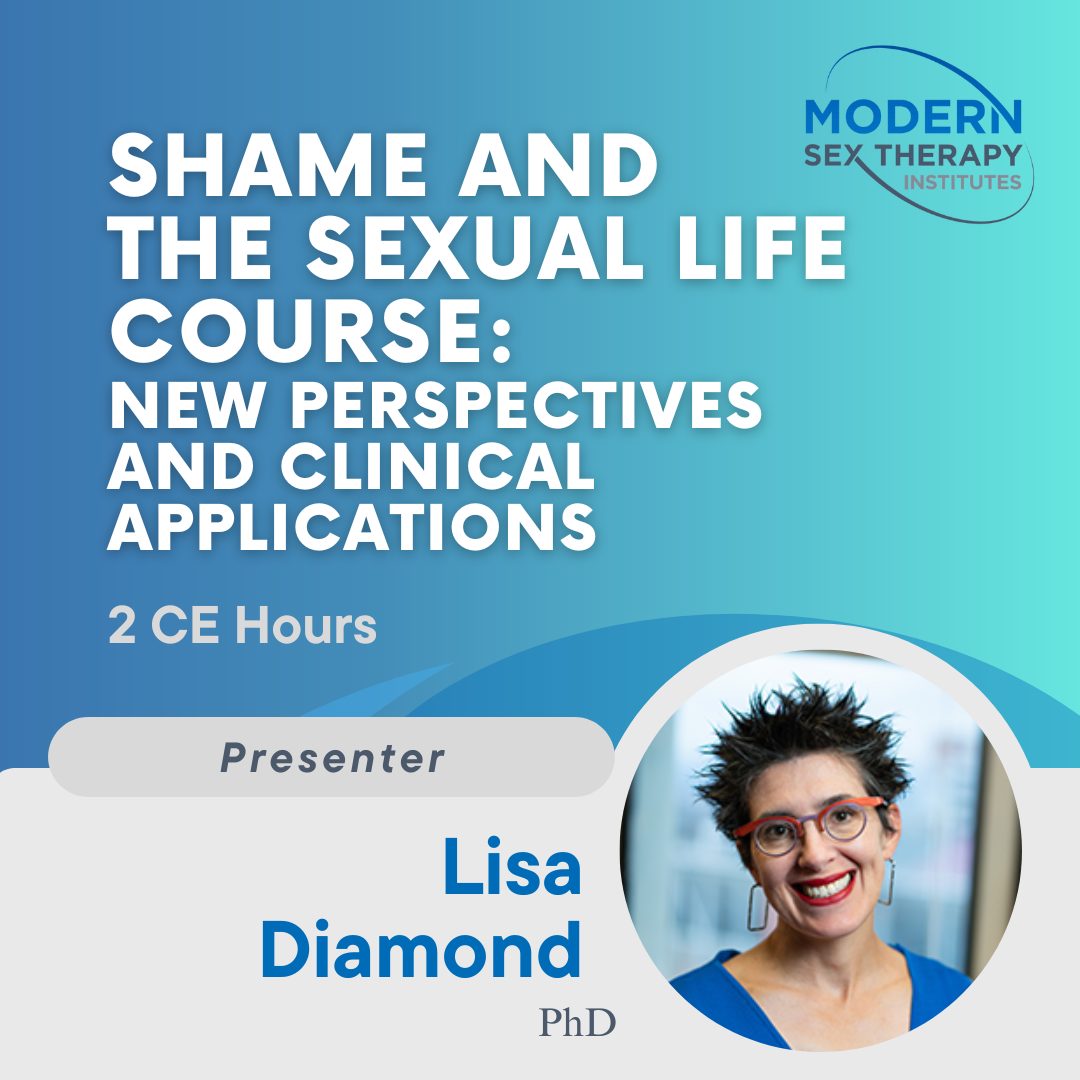FOR QUESTIONS & INTEREST: 561-379-7207
FOR CURRENT STUDENTS: (772)-209-9353
INFO@MODERNSEXTHERAPY.COM
- Certifications & Degrees
- Online Clinical Sexology PhD Program
- 2026 Calendar
- 2025 Calendar
- Sex Therapy Certification
- Transgender Affirmative Mental Health Care Certification
- Couples And Sex Therapy Certification
- LGBTQIA Affirmative Therapy Certification
- Sexual Trauma Certification
- Medical Sexology Certification
- Alternative Relationships Certification
- Sex Counselor Certification
- Certificate In Sexual Health
- Sex Educator Certification
- Problematic Sexual Behavior (PSB) Certification Program
- Somatic Sex Therapist Certification
- Neurodiversity Sexuality Professional Certification
- Sex Informed Therapist Certification
- Sexually Competent Therapist Certification
- Kink Conscious Professional Certification
- Sexual Trauma Informed Therapist Certification
- LGBTQIA+ Informed Professional Certification
- Neurodiverse Sexuality Aware Professional Certification
- Sexual Compulsivity Informed Professional Certification
- Certified Attachment Sex Therapist (CAST) Program
- Workshops & Webinars
- Calendar
- Registration & Fees
- Faculty
- Search
- Find a Professional
- Contact Us
Shame and the Sexual Life Course: New perspectives and clinical applications (2 CE Hours, 2024)
$100.00
2 CE Hours
Recorded workshop available via video on demand
Presenter: Lisa Diamond, Ph.D.
AASECT Category:
Class originally recorded: 3/16/2054.
Social workers completing this course receive 2 clinical continuing education credits.
MSTI is an approved CE organizational provider for IBOSP, AASECT, and ASWB. Modern Sex Therapy Institutes is part of the Advanced Mental Health Training Institute. The Advanced Mental Health Training Institute has been approved by NBCC as an Approved Continuing Education Provider, ACEP No.6901. Programs that do not qualify for NBCC credit are clearly identified. The Advanced Mental Health Training Institute is solely responsible for all aspects of the programs.
MSTI is approved by the American Psychological Association to sponsor continuing education for Psychologists. The Modern Sex Therapy Institutes maintains responsibility for this program and its content.
Modern Sex Therapy Institutes (MSTI), provider #1787, is approved to offer social work continuing education by the Association of Social Work Boards (ASWB) Approved Continuing Education (ACE) program. Regulatory boards are the final authority on courses accepted for continuing education credit. ACE provider approval period: [1/7/22-1/7/26].
Attendees must attend the entire course and complete a course evaluation to be eligible for CE credit
For Live Courses: To obtain CE credits, attendees must attend the entire course and complete an evaluation to receive credit.
For asynchronous/recorded courses, Attendees must pass the multiple choice posttest with a minimum score of 80% in 3 attempts to be eligible for CE credit.
Certificates of completion can be downloaded immediately upon course completion.

